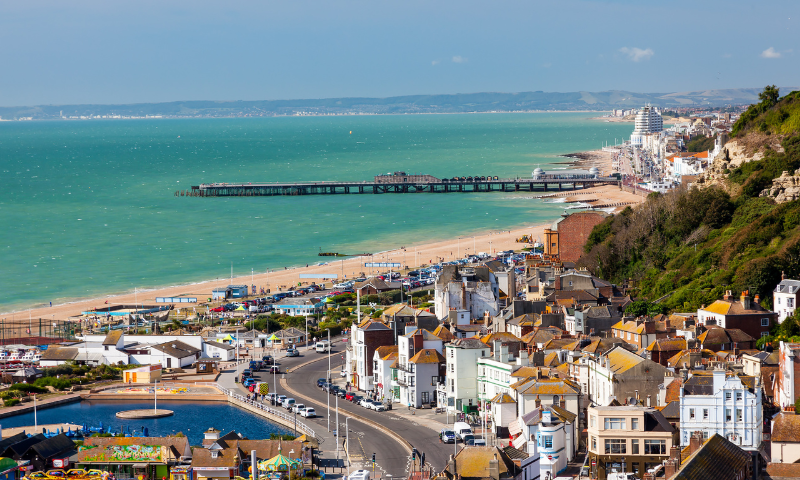Plans for long-term and immediate improvements to health services are currently underway across Sussex with a central aim to reduce wait times, provide quicker access and ultimately ease pressure on staff working in the local communities.
NHS Sussex are looking to increasing access to GP services by expanding appointment times throughout the day; recruiting additional experts to cater for a variety of health needs; and reducing the wait times for people booking appointments over the phone.
Reducing A&E waits and improving response times to 999 calls is another priority which will involve supporting people in their own homes, including extending community urgent response services; identifying those most at risk of hospital admission and ensuring support is available to them; and supporting ambulance crews to be released quickly from the scene of lower acuity calls when the patient does not require hospital will assist with waiting times.
Other projects aiming to reduce diagnostic and planned care waiting lists include creating extra capacity at NHS trusts to facilitate more surgeries and appointments; having NHS organisations work together to offer patients alternative appointments at other sites if it means that they can be seen quicker; and establishing the Queen Victoria Hospital in East Grinstead as a cancer and elective hub for Sussex.
Meanwhile, to speed up discharge from hospitals, the ICS will use the £16.4m allocated from Adult Social Care Discharge Fund to assist with discharge; recruit and redeploy staff to work in discharge hubs; and increase the volume of care packages and placements to make sure that care is available outside of hospital.
Adam Doyle, Chief Executive Officer for NHS Sussex, said: “A lot of work is already taking place across health and care organisations and progress is being made in many areas, including more appointments at GP practices, the use of the new Community Diagnostic Centres closer to people’s homes, our Urgent Community Response teams working to stop people ending up going to A&E, and the virtual wards that allow people to cared for at home and not having to go to hospital.”



